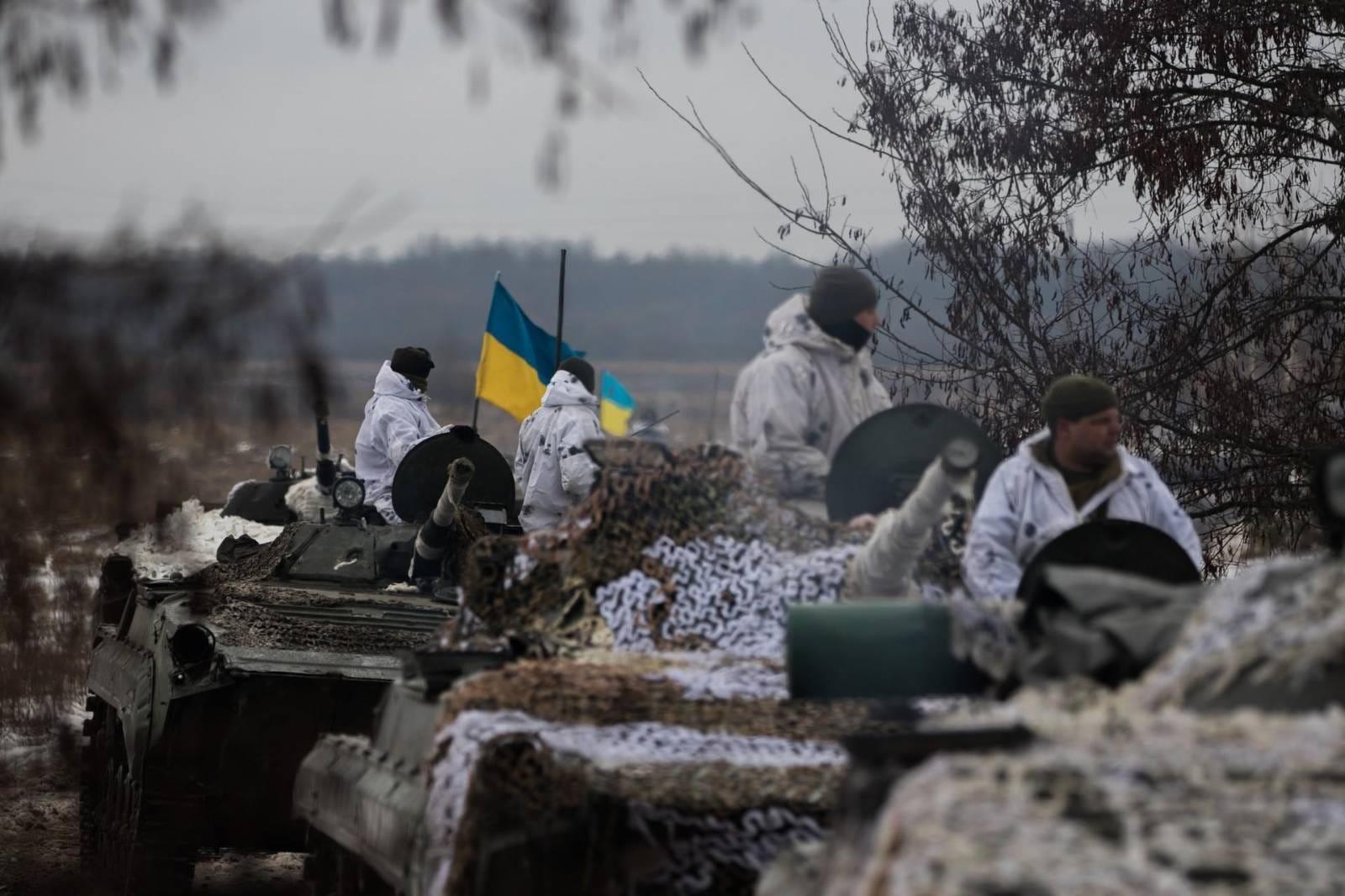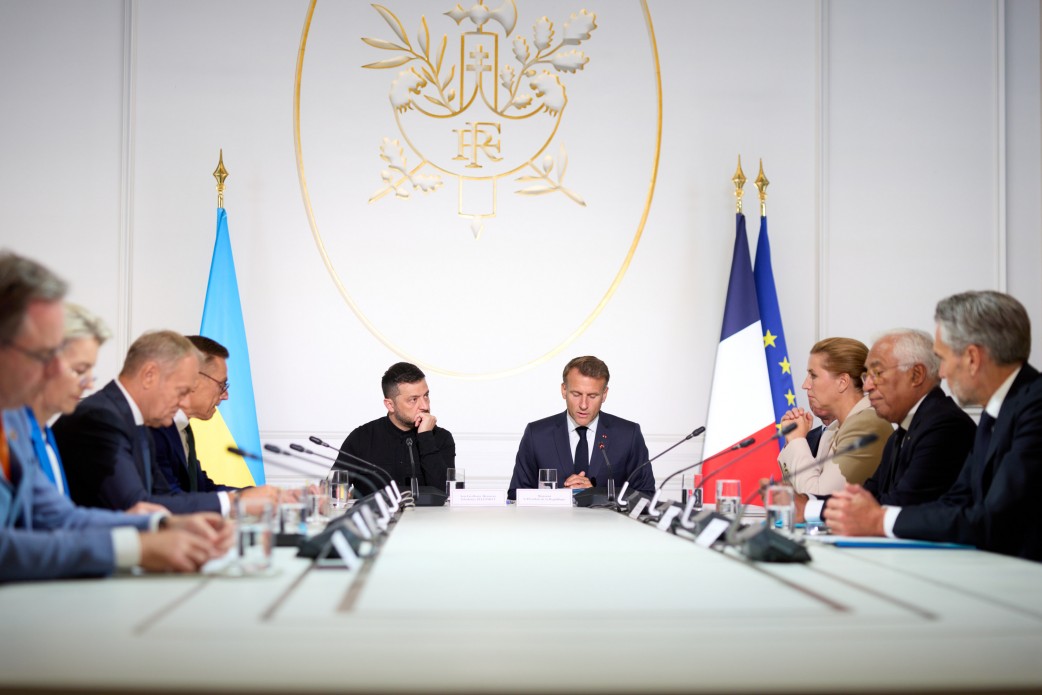The Russian Technological University - MIREA (RTU MIREA) acquired a Canadian drone detection radar, SkyEye, for a sum of 4.5 million rubles, according to a government contract published on the procurement website.
The manufacturer indicates that this radar can cover an area corresponding to one-third of Moscow's territory.
The university is involved in the development of anti-drone technologies, so it may act as both an intermediary and a recipient of the technology to produce its own equipment. Importing this radar into Russia likely violates sanctions imposed by Canada.
RTU MIREA announced an auction on May 11 and already received the SkyEye radar on June 7.
This device was produced by the Canadian company Skycope Technologies Inc. According to information on the manufacturer's website, the radar weighs less than 10 kg and can be deployed in 5 minutes. The device can recognize over 330 drone models and, thanks to artificial intelligence, identify unknown UAVs with a probability of 99.9%.
The radar is capable of detecting drones at a distance of up to 35 km in open areas and up to 10 km in the city (314 sq. km). This range allows it to cover more than a third of Moscow's territory within the Moscow Ring Road (approximately 880 sq. km).
The SkyEye system successfully passed the Canadian Ministry of Defense's test a year ago during exercises for companies developing anti-drone solutions, with the participation of representatives from the U.S. Department of Defense.
In addition to purchasing SkyEye, RTU MIREA also conducted a tender to acquire three anti-drone rifles, "Drone 1200," for 400,000 rubles. However, it remains unclear whether the university uses this equipment, as it was announced in May that the university had developed its own complex of anti-drone radio countermeasures.





















